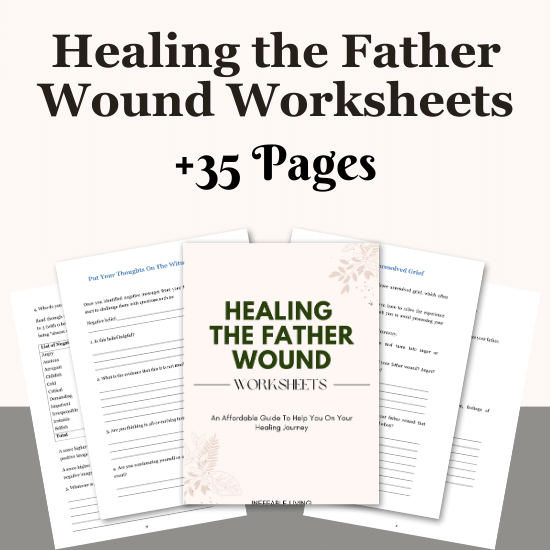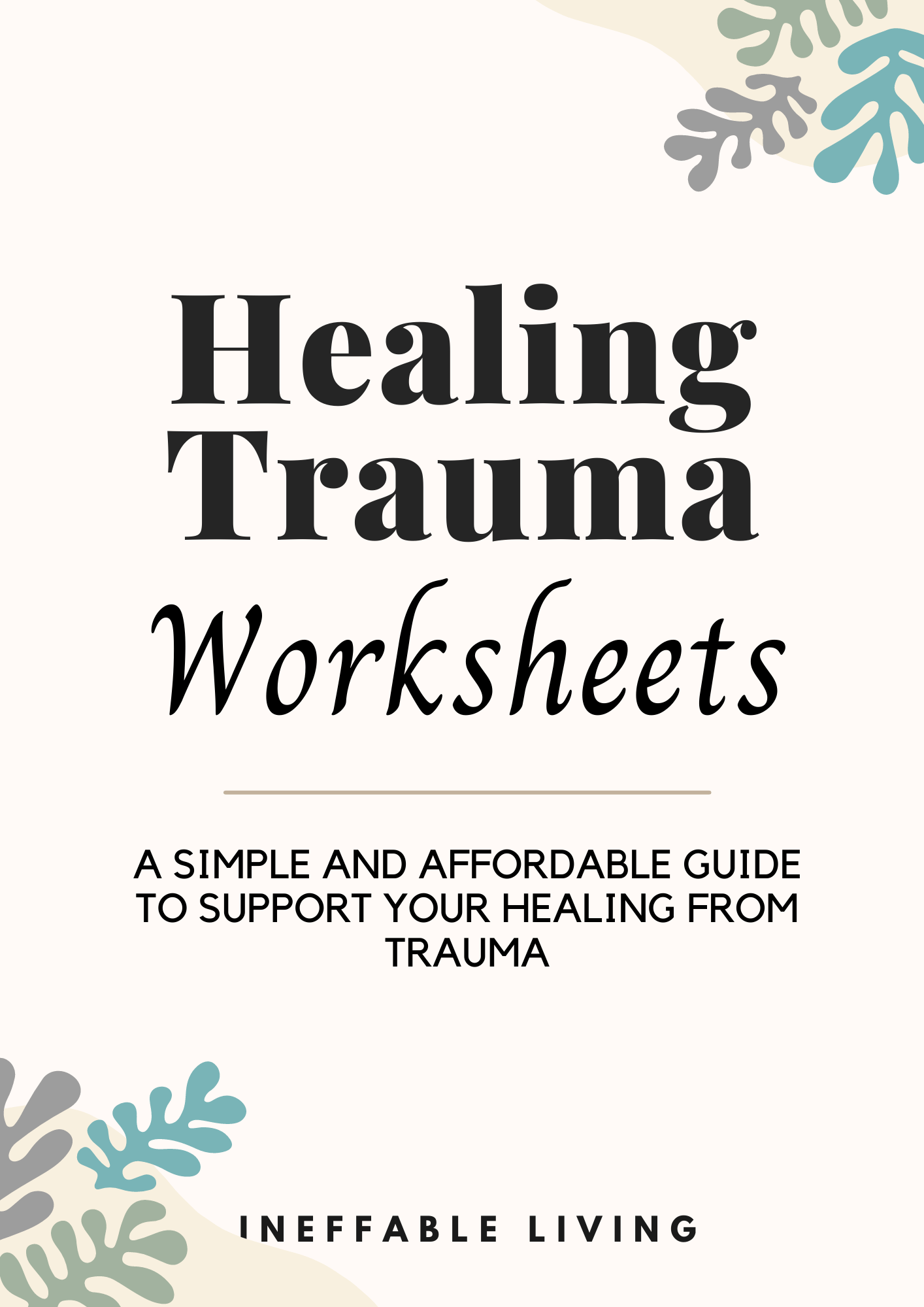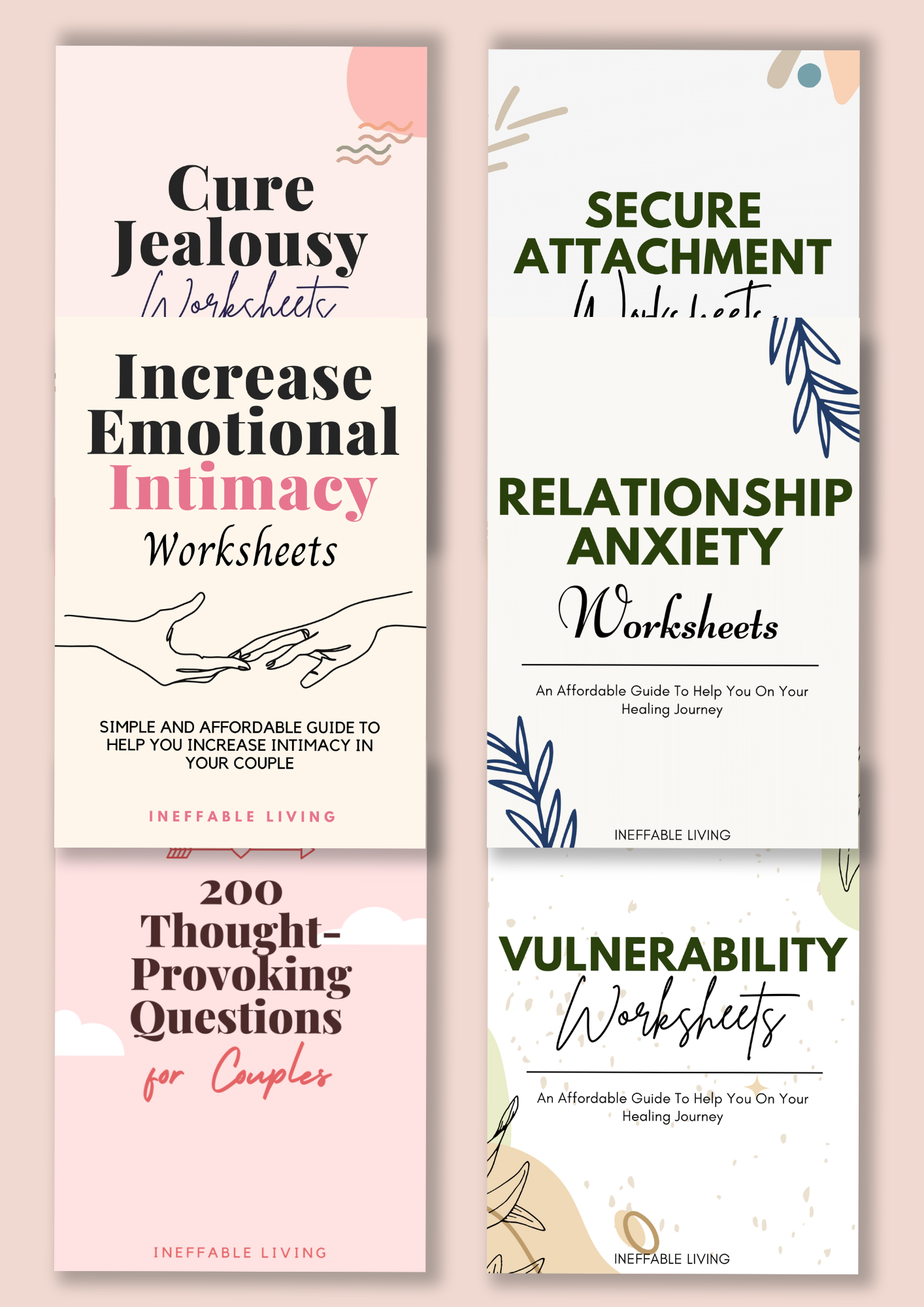1. Reflect on your earliest memories of your relationship with your father. What emotions, experiences, and patterns of interaction stand out to you, and how have these early experiences influenced your understanding of yourself and your father over time?
2. Consider the impact of your father's presence or absence in your life on your beliefs about love, trust, and security. How do these beliefs shape your relationships and emotional experiences, and in what ways do you seek to reconcile or renegotiate these internalized messages?
3. Write about moments of conflict or rupture in your relationship with your father, as well as instances of connection or support. How have these experiences shaped your self-perception, your capacity for vulnerability and intimacy, and your expectations in future relationships?
4. Explore the interplay between your father's own upbringing, experiences, and challenges, and the ways in which these factors may have influenced his behavior and emotional availability. How does considering your father's own journey contribute to a more nuanced understanding of the dynamics at play in your relationship?
5. Reflect on the significance of forgiveness and compassion in the context of your father wound. What emotions arise as you consider the possibility of extending empathy to your father and yourself, and how might the practice of forgiveness contribute to your own healing and well-being?
6. Consider the ways in which your father wound has influenced your sense of identity, purpose, and belonging. How do you seek to honor and integrate aspects of your personal history while also forging a path that aligns with your authentic values and aspirations?
Father Wound Worksheets





